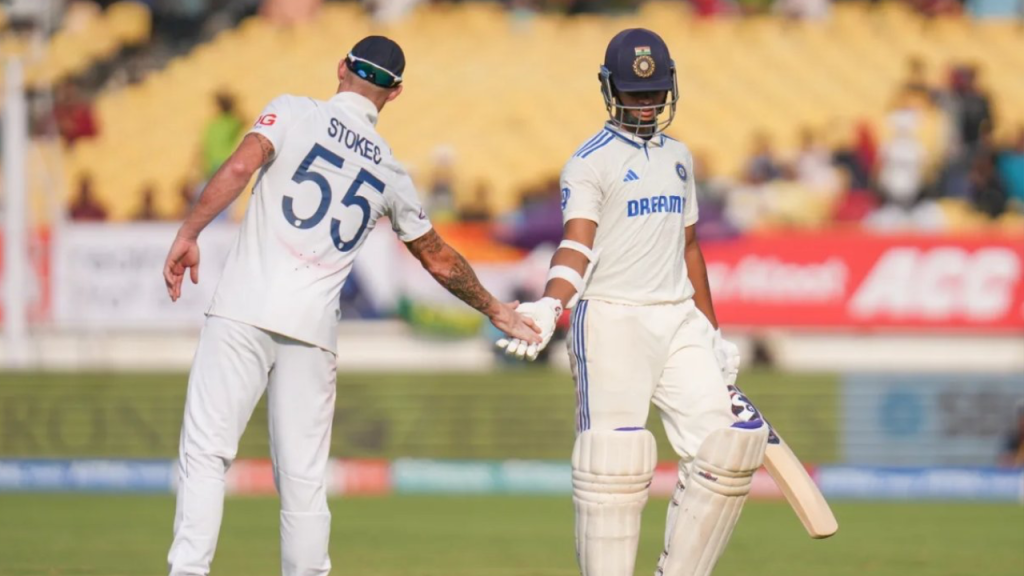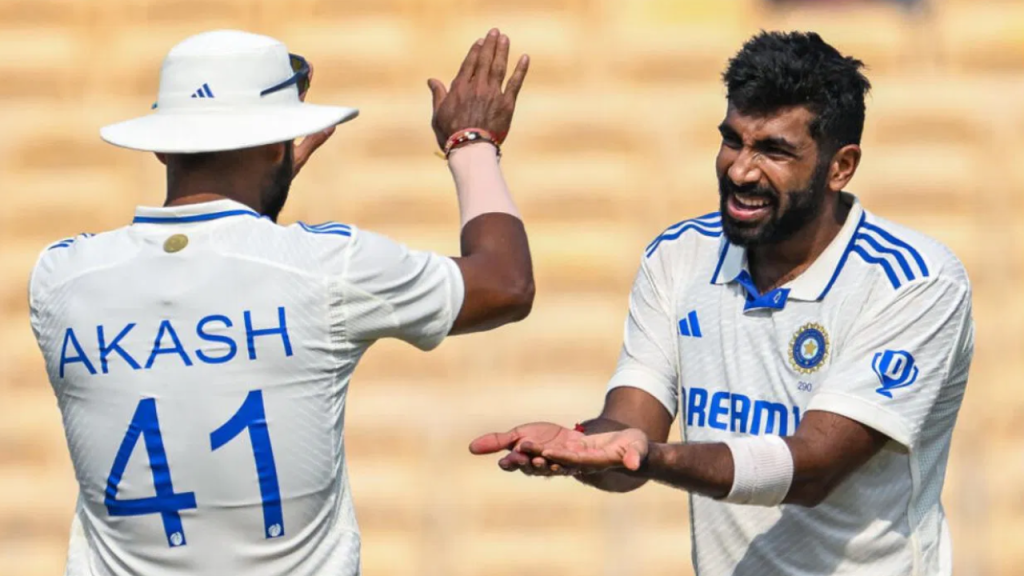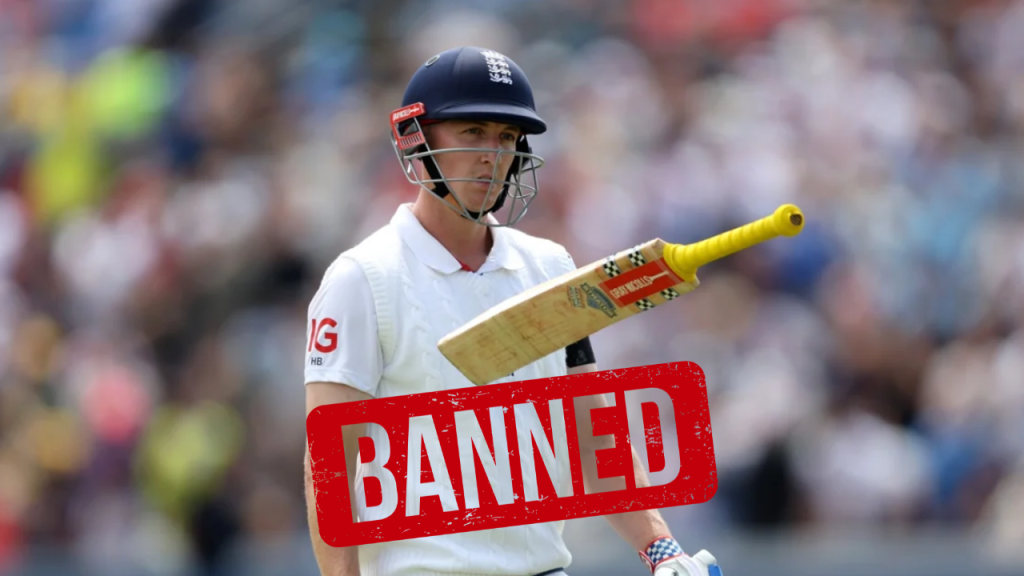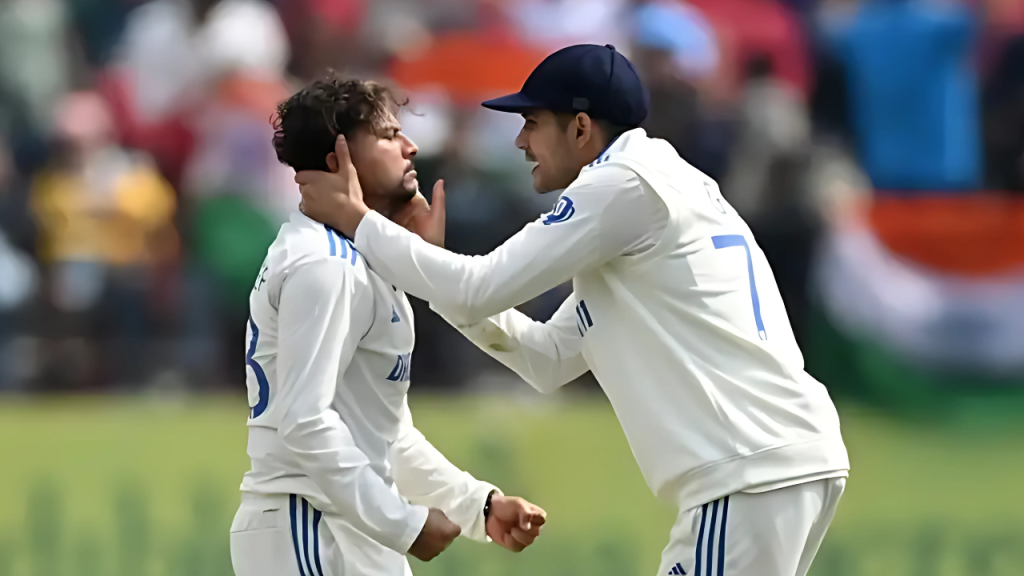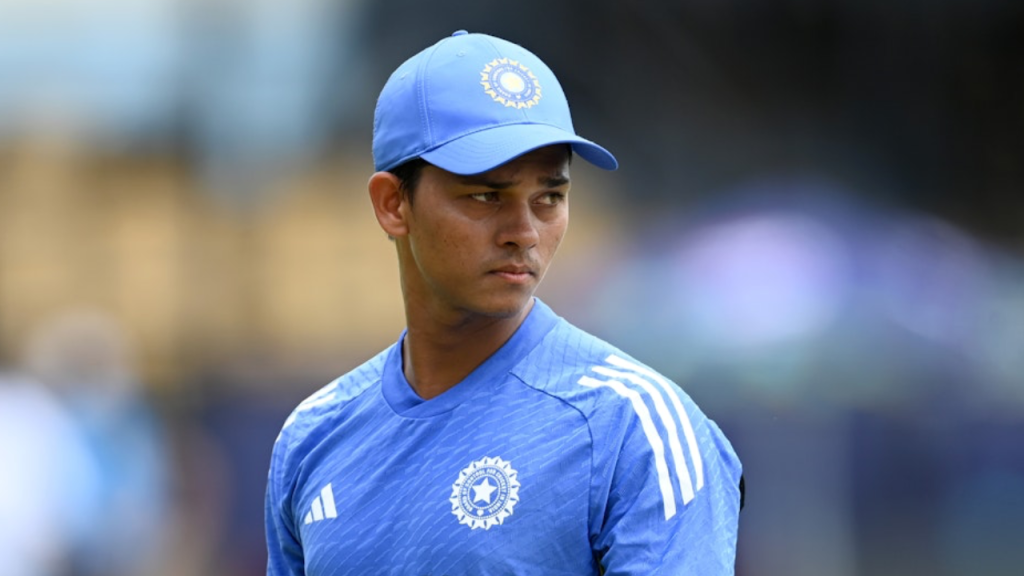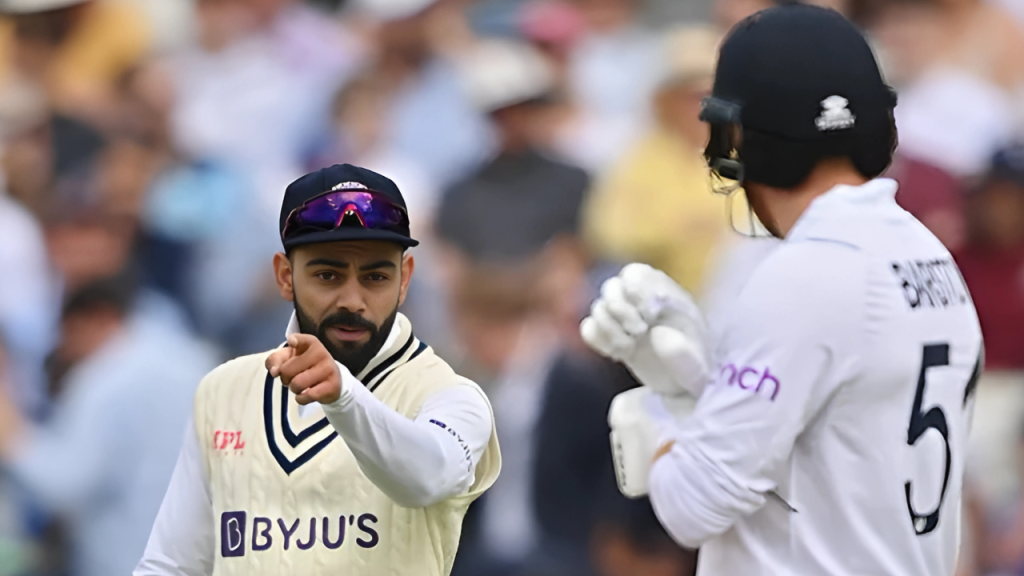The cricketing world is no stranger to the political and administrative tussles that occasionally disrupt the sport’s global harmony. The latest chapter in this saga involves the Board of Control for Cricket in India (BCCI) and the Pakistan Cricket Board (PCB), with the venue and format of the ICC Champions Trophy 2025 at the heart of a brewing storm. This article delves into the recent developments, the reasons behind the standoff, and what this might mean for the future of cricket.
The Root of the Controversy –
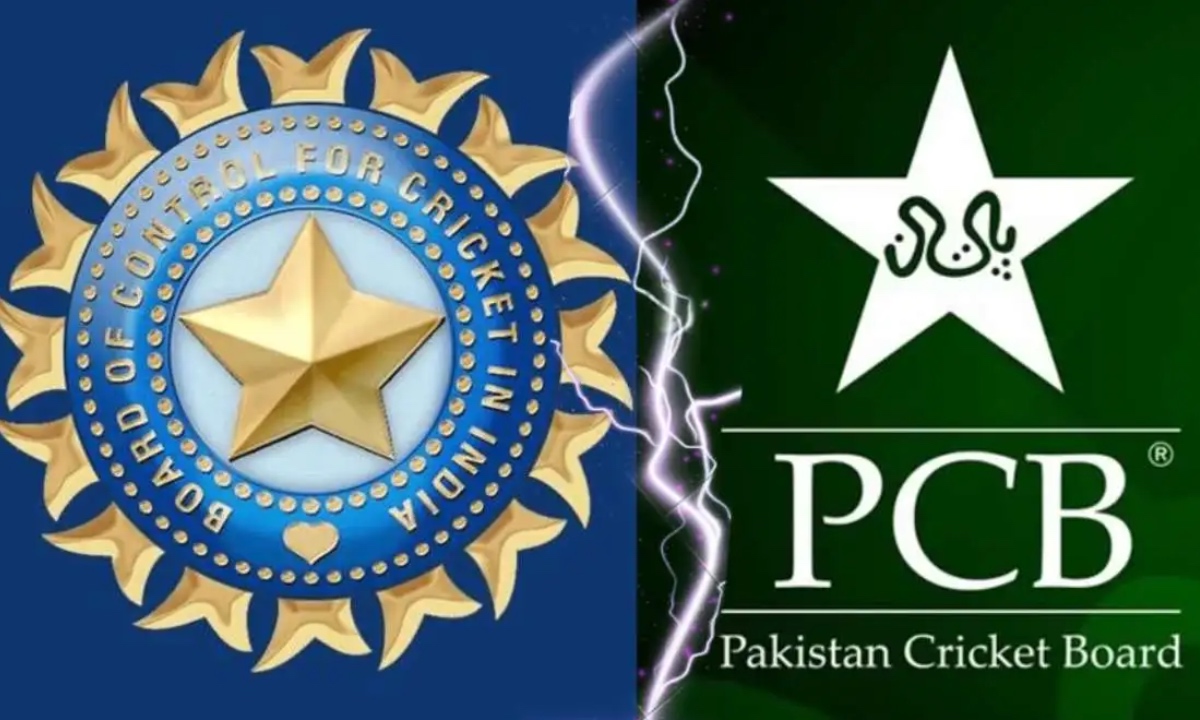
The Champions Trophy has long been a prestigious event in the cricket calendar, bringing together the top teams in a test of skill, strategy, and national pride. However, the 2025 edition has become mired in controversy due to geopolitical tensions between India and Pakistan, which have now spilled over into cricket administration.
Hosting Rights: Pakistan was initially slated to host the entire tournament, a significant achievement given the country’s history with hosting international cricket due to security concerns. However, India’s refusal to travel to Pakistan for matches, citing security issues, has thrown a wrench into these plans.
The Hybrid Model Proposal: In an attempt to resolve this deadlock, a hybrid model was proposed where India would play its matches at a neutral venue, such as Dubai or Sri Lanka. The PCB initially resisted this idea, advocating for the integrity of hosting all matches in Pakistan but later conceded under pressure from the International Cricket Council (ICC).
BCCI’s Firm Stance –
The BCCI, one of the most influential cricket boards due to its financial clout and the immense popularity of cricket in India, has taken a resolute stand against PCB’s latest demands. Here’s what’s at stake:
Rejection of Additional Demands: PCB had requested that if a hybrid model were to be implemented for the 2025 Champions Trophy, similar arrangements should be made for all future ICC events in India until at least 2031. This would mean Pakistan playing their matches at neutral venues for tournaments hosted by India, and possibly even demanding extra financial compensation for the 2025 event due to the hybrid model’s implications.
BCCI’s Counter-argument: The BCCI has outright rejected these conditions. Their rationale includes the fact that there are no security concerns when teams travel to India for international cricket. Furthermore, the BCCI has argued that the PCB’s demands are “selfish” and aimed at leveraging the current situation for long-term gains, which they see as unfair
to the spirit of cricket and the ICC’s purpose of promoting the sport globally.
The Implications –
1. On the Tournament:
Uncertainty: With less than 75 days to go before the event, the lack of a confirmed schedule, venues, or even format (with speculation about a shift to T20) is a nightmare scenario for organizers, players, and fans alike. The tournament’s commercial success, which hinges largely on the India-Pakistan matches, is at risk.
Logistical Challenges: Moving matches to different countries involves significant logistical planning, including visa arrangements, security, broadcasting rights adjustments, and fan travel. This last-minute shift could lead to a less than optimal experience for everyone involved.
2. On Player Careers and Team Strategies:
Player Preparation: The uncertainty affects how players prepare, both mentally and physically. Not knowing where or how they will play can disrupt training schedules and team strategies, particularly for those who perform differently in different formats or conditions.
Team Dynamics: Teams might have to alter their squad composition if matches are moved to venues with different playing conditions, impacting selections and potentially the balance of teams.
3. On International Cricket Relations:
Strained Relations: The standoff could further strain already tense relations between cricket boards, potentially affecting future tours, bilateral series, and the spirit in which cricket is played.
ICC’s Role: The ICC finds itself in a delicate position, needing to mediate while ensuring the tournament’s integrity and commercial viability. Their decisions in the coming weeks will set precedents for how future disputes are handled.
Fan Disappointment: Cricket fans, especially in India and Pakistan, are known for their passion. The potential disruption of India vs. Pakistan matches, which are among the most watched events in cricket, could lead to significant fan disappointment and backlash against the administrative bodies.
Market Dynamics: The Indian market is crucial for cricket’s financial health. Any decision that reduces India’s participation or changes the format could impact viewership and sponsorship deals, which are already in the millions for such high-profile events.
Looking Forward:
Negotiation and Resolution: The ICC, along with the BCCI and PCB, need to come to the table with solutions rather than demands. The focus should be on finding a middle ground that respects all parties’ concerns but also prioritizes the game’s integrity and the fans’ interests.
Potential Outcomes:
Hybrid Model with Compromises: A revised hybrid model where both countries make concessions, perhaps with adjustments in financial terms or future hosting rights.
Neutral Venue for All: The entire tournament could be moved to a neutral venue if no agreement is reached, ensuring participation but potentially at the cost of Pakistan’s hosting rights.
Format Change: As a last resort, the format might be changed to T20 to salvage the event’s commercial viability, though this would be a significant departure from tradition.
Long-Term Impact: This situation could lead to new policies or frameworks for handling such political and security issues in cricket, perhaps even leading to more neutral venue tournaments or stricter guidelines on hosting rights.
The clash between BCCI and PCB over the Champions Trophy 2025 is more than just a scheduling dispute; it’s a reflection of broader issues at the intersection of sports, politics, and international relations. As the cricketing community watches, the hope remains for a resolution that keeps the spirit of the game alive, ensuring that cricket continues to be a sport that unites rather than divides. The decisions made in the coming weeks will not only affect this tournament but could shape the future landscape of international cricket.
